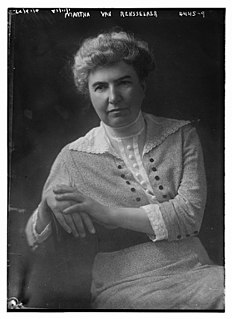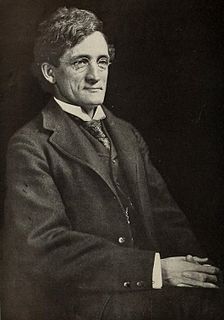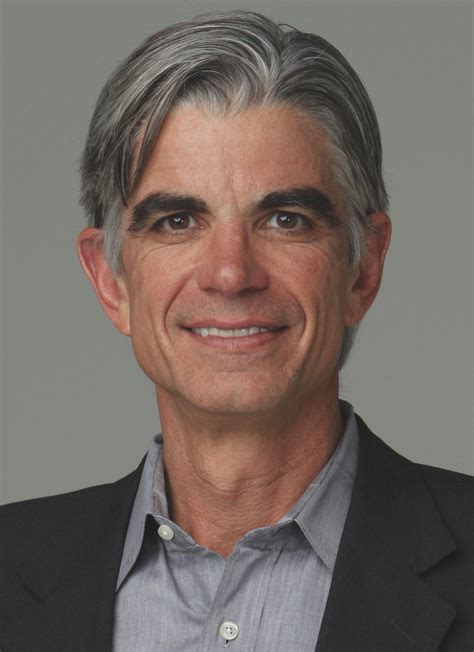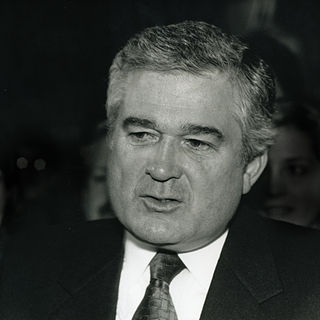A Quote by Martha Van Rensselaer
Home economics should find its way into the curriculum of every school because the scientific study of a problem pertaining to food, shelter or clothing... raises manual labor that might be drudgery to the plane of intelligent effort that is always self-respecting...Home economics is not one department, in the sense in which dairying or entomology or soils is a department. It is not a single speciality... Many technical and educational departments will grow out of it as time goes on.
Quote Topics
Always
Because
Clothing
Curriculum
Department
Departments
Drudgery
Economics
Educational
Effort
Every
Find
Food
Goes
Goes On
Grow
Home
Home Economics
Intelligent
Labor
Manual
Manual Labor
Many
Might
Out
Plane
Problem
Raises
Respecting
School
Scientific
Self
Self-Respect
Sense
Shelter
Should
Single
Study
Technical
Time
Time Goes On
Way
Which
Will
Related Quotes
The government has departments to deal with the special interest groups that make themselves heard and felt. A Department of Agriculture cares for the farmers' needs. There is a Department of Health, Education and Welfare. There is a Department of the Interior - in which the Indians are included. Is the farmer, the doctor, the Indian, the greatest problem in America today? No - it is the black man! There ought to be a Pentagon-sized Washington department dealing with every segment of the black man's problems.
I started in the law; and the study of law, when it precedes the study of economics, gives you a set of foundation principles about how human beings interact. Economics is very useful, and I studied economics in graduate school. But without understanding the social and organizational context of economics, it becomes a theory without any groundwork.
The climate of Ohio is perfect, considered as the home of an ideal republican people. Climate has much to do with national character.... A climate which permits labor out-of-doors every month in the year and which requires industry to secure comfort--to provide food, shelter, clothing, fuel, etc.--is the very climate which secures the highest civilization.
As a multisport athlete, I was always fascinated with competition and how to win. At HBS and later at the Harvard Department of Economics, I was drawn to the field of competition and strategy because it tackles perhaps the most basic question in both business management and industrial economics: What determines corporate performance?
Home-making today should have a background of scientific training because only in this way can real efficiency be achieved. The average girl wants to be able to keep her house with the least possible strain, and in order to do this she must have good training. This can best be achieved by taking a good course in home economics.
I believe [the Department of Energy] should be judged not by the money we direct to a particular State or district, company, university or national lab, but by the character of our decisions. The Department of Energy serves the country as a Department of Science, a Department of Innovation, and a Department of Nuclear Security.

































